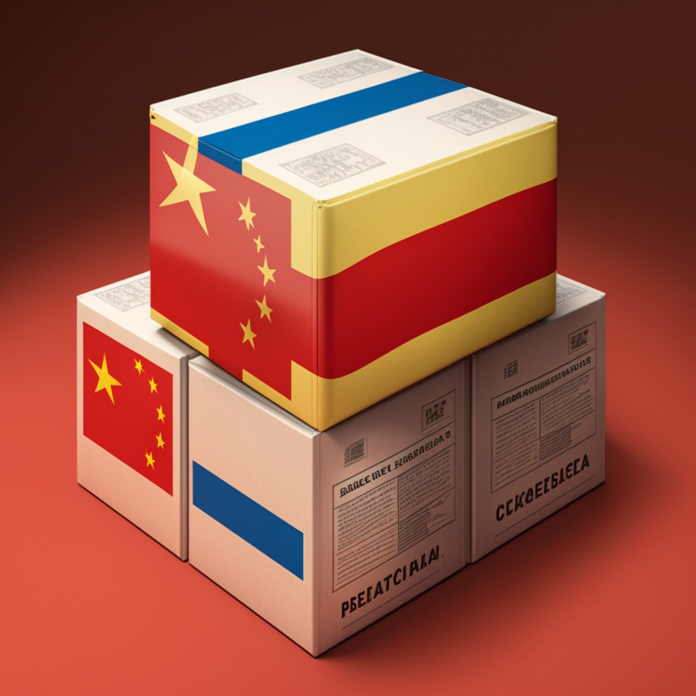A group of European Union member states, consisting of Belgium, France, Spain, and Germany among others, are collaborating to address the issue of the bloc’s reliance on Chinese imports of pharmaceutical ingredients. In their pursuit of reducing this dependency, these countries are advocating for significant measures to bolster Europe’s security of supply for vital drug components.
Reducing Dependency: A Crucial Objective
The dependency on China for key pharmaceutical ingredients is a growing concern for the European Union. According to a paper dated May 2, 19 EU member states are highlighting the urgent need to address this issue. The European Commission, just a week prior, proposed a comprehensive overhaul of the legislation governing the pharmaceuticals industry in the region. The aim of this proposed bill is to reinvigorate investments, mitigate shortages, and enhance accessibility to affordable drugs. These efforts are particularly crucial amidst the strains on health budgets caused by the treatment costs associated with the COVID-19 pandemic.
Call for Drastic Steps: The Critical Medicines Act
While the European Commission’s proposal is a step in the right direction, the group of EU member states supporting the paper is advocating for more “drastic steps” to ensure Europe’s security of supply for essential drug ingredients. They propose the implementation of a Critical Medicines Act, which would address the concerns arising from the global reliance on China and a limited number of manufacturers. Shockingly, less than five sites currently manufacture over 50% of the ingredients that meet European standards. This overreliance poses significant risks to the region’s pharmaceutical industry and calls for immediate action.
Challenges of Global Reliance
The paper underlines the escalating dependency of the EU on imports from a small number of manufacturers and regions. In 2019, China accounted for sourcing more than 40% of Active Pharmaceutical Ingredients (APIs) worldwide. Moreover, almost all API producers rely on China for intermediate inputs. This heavy reliance on a single country raises concerns about the vulnerability of the supply chain and the potential disruption it could cause. To ensure a more stable and resilient pharmaceutical industry, diversification of suppliers and reducing dependence on a single nation are imperative.
Critical Medicines List and Monitoring
The European Commission aims to create a list of critical medicines that will require increased monitoring to avoid shortages across the bloc. This list should prioritize medications that have experienced repeated shortages. By closely monitoring the supply of these critical medicines, mapping global value chains, and identifying potential vulnerabilities and suppliers, the EU can proactively address supply chain risks. Such proactive measures will ensure the availability of vital medications to European citizens, even in times of crisis.
Promoting EU Member State Cooperation
In extreme cases where alternative suppliers or medicines cannot be found, the group of EU states advocates for measures that foster cooperation between member states. By allowing member states to rely on each other during such critical situations, the EU can mitigate the impact of supply chain disruptions. This solidarity among member states will create a safety net and provide access to vital drugs when traditional supply routes are compromised.
Conclusion
The urgent need to reduce the European Union’s dependency on China for pharmaceutical ingredients has prompted a group of 19 member states to rally for significant measures. While the European Commission’s proposed overhaul of the pharmaceuticals industry is a positive step, the call for a Critical Medicines Act demonstrates the need for more comprehensive actions.




